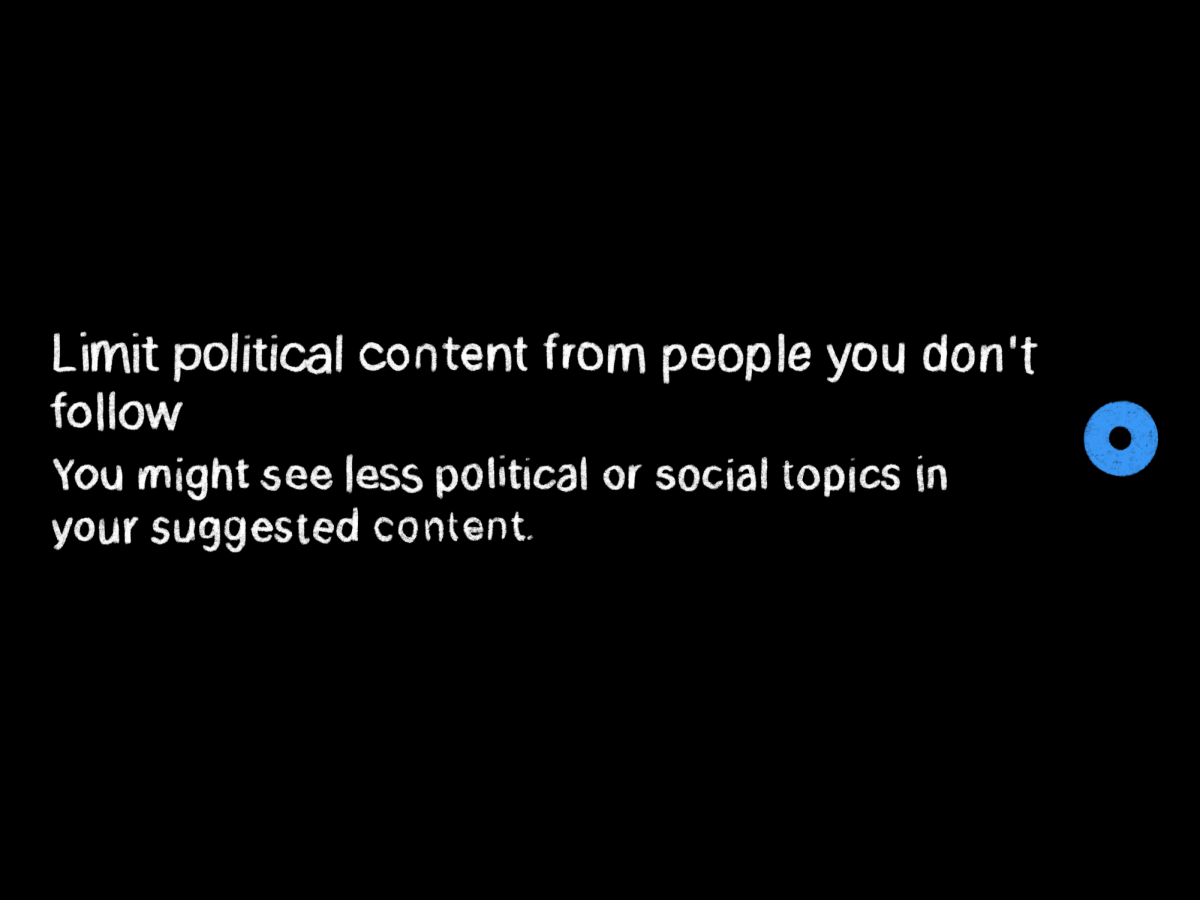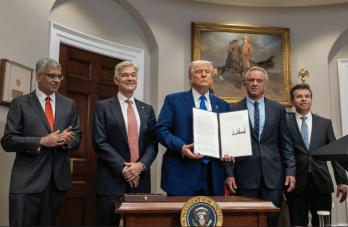This past February, Meta, the parent company of both Instagram and Facebook, announced their plans to limit the promotion of content about politics and social conflict. Following accusations of fostering a platform where misinformation and political bias run rampant, the media giant claims that this shift away from a political information epicenter is what consumers want. As a result of Meta’s decision, all Instagram and Threads users have been adjusted to a setting which suppresses “political content” from their feed. With this switch, Meta hopes to create a healthy distance between politically centered online extremism and the spread of propaganda. Instagram users worldwide share outrage about Meta’s initiative, with some accusing Meta of censorship during pivotal global election year, and the further oppression of minority groups. Moreover, individuals are further attacking the media company for their lack of transparency in the censorship, as all users are automatically opted into the setting which has to be manually turned off.
In a blog statement, Meta emphasized that they “Want Instagram and Threads to be a great experience for everyone,” and to achieve that they “Won’t proactively recommend content about politics on recommendation surfaces across Instagram and Threads.” In order to achieve this, flagged “political content”—defined as posts that contain references to government, elections, and social topics—are identified and suppressed from users’ feeds. The company goes on to highlight, “If you still want [political] posts recommended to you, you will have a control to see them.”
In efforts to combat the enforcement of Meta’s new restrictions, many are eager to opt out of the setting within Instagram and Threads. Following the news of the feature, detailed step-by-step instructions to unenroll from the controversial mode are prevalent online. However, some users are finding that, despite unenrolling from Meta’s limiting mode, less posts about social struggles and politics are appearing on their feed, as activist creators are met with continuous decreases in content engagement.
The LGBTQ+ organization GLAAD and social activism group Accountable Tech are currently advocating against Meta’s decision to limit political content on their platforms, arguing that users should be offered the choice to opt in to the restriction. Nicole Gill, the co-founder of Accountable Tech, stated that “Limiting the reach of creators without notice or definition of what constitutes ‘political content’ threatens their identities and livelihoods.”
Many Instagram and Threads users are concerned about the effects of such censorship. Ky Polanco, the co-founder of @Feminist, an account which aims to spread awareness about women’s and abortion rights, describes the drastic decline in their content’s viewership and engagement. Polanco told The Washington Post, “This hurts people’s access to information and their ability to find accurate information.”
Moreover, Meta’s recent conclusion worries politicians nationwide. Republican Senator Marsha Blackburn of Tennessee expressed her anger at the decision, claiming, “Instagram is now trying to suppress political content just months before the next presidential election.” She later went on to pose the question: “Why is Meta attempting to censor the democratic process?”
This article also appears in our May 2024 edition.








